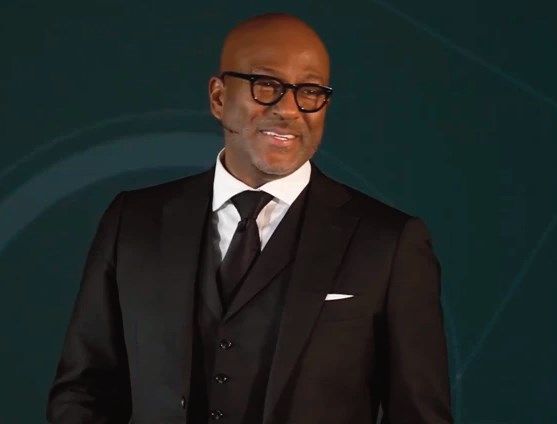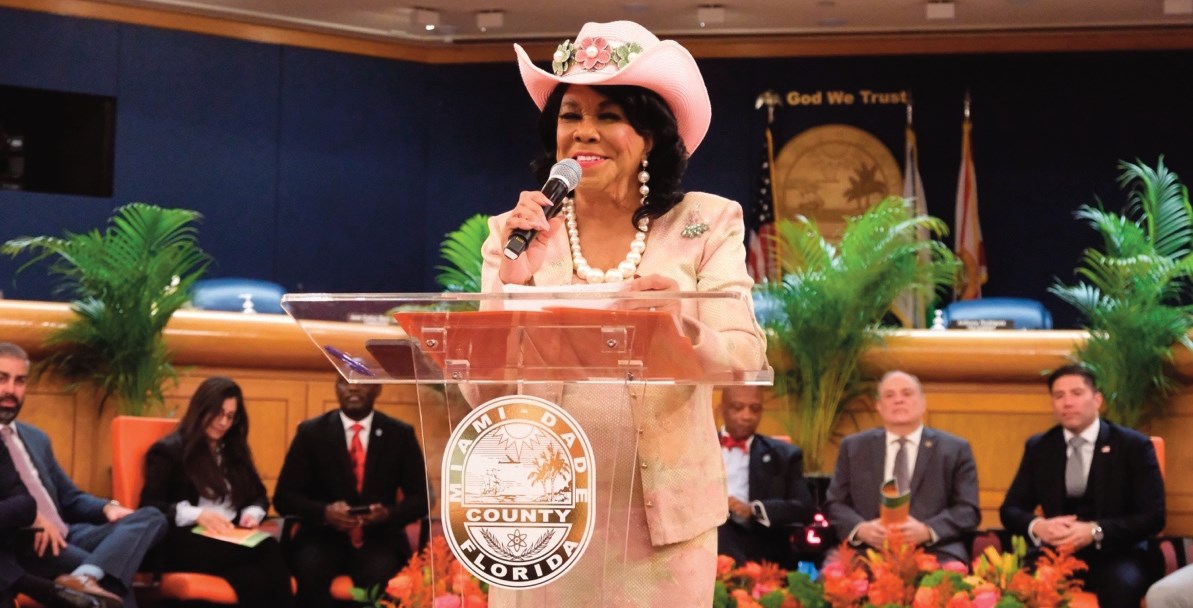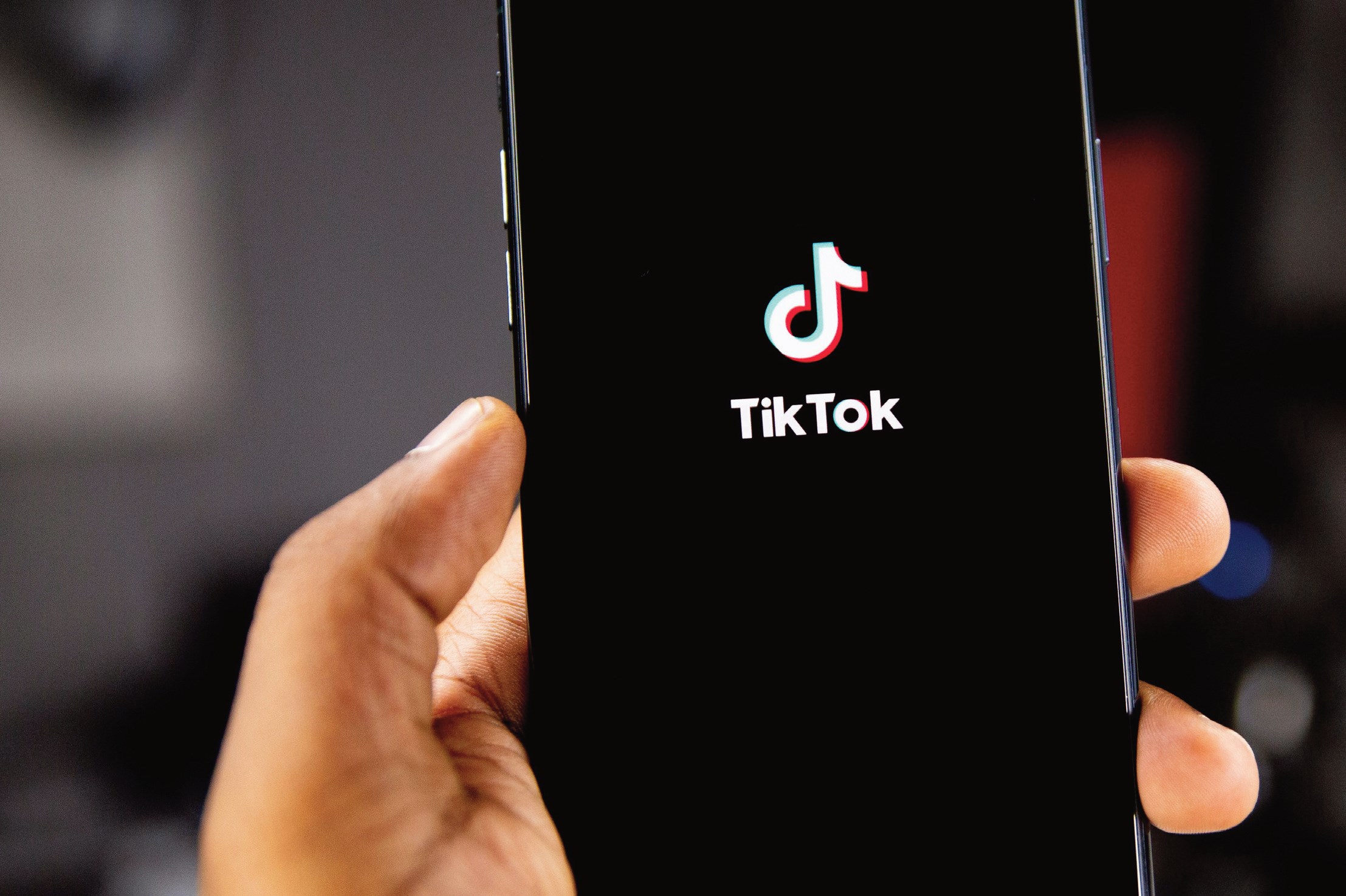NEW YORK (AP) — Dan Danner never expected to end up in the middle of the health care debate. Or, for that matter, in politics. As president of the National Federation of Independent Business, the biggest advocacy group representing small business owners in the U.S., Danner helped oversee the organization’s attempt to overturn the health care overhaul.
Last month, the NFIB’s lawyers were among those arguing against the law before the Supreme Court.
The NFIB, which has lobbied for small businesses since its founding in 1943, contends that the law will harm small businesses by driving up their health insurance costs.
It argued that a provision that requires individuals to purchase health insurance is unconstitutional. Both sides in the debate are waiting to see if the Supreme Court strikes down the individual mandate or the entire law — or allows the law as a whole to stand.
Danner is on the forefront of other issues that affect the NFIB’s 350,000 members, many of whom have companies with just a handful of employees. He leads the NFIB’s lobbying on concerns such as taxes and regulation.
The group is among many business advocates calling for lower tax rates for small business owners whose companies are sole proprietorships, partnerships and what are called S corporations. The profits from these companies aren’t taxed — they’re “passed through” to their owners, who are then taxed as individuals. Often, their tax rates are higher than those for companies like General Motors Corp. and Apple Inc.
Many tax rates, including individual rates, are scheduled to go up at the end of the year, unless Congress acts before then. Individuals could pay as much as 39.5 percent.
Danner joined the NFIB in 1993 after lobbying for steel maker Armco Inc. and holding positions in the Department of Commerce and the Reagan White House. Politics wasn’t his first choice.
Danner spoke with The Associated Press about the NFIB’s agenda. Here are excerpts from the interview, edited for clarity and brevity:
Q. What do you expect to happen after the Supreme Court rules on health care?
A. It’s easier if the whole law falls, because then, essentially, you have a clean slate and we’re back in overall healthcare reform, ground zero, to start over. We intend to be very involved in this debate as we have been for a couple of decades. If just the individual mandate falls, I think it’s a little more up in the air.
Q. Let’s say the entire law is struck down. One idea that the NFIB has supported to help lower health care costs would allow small businesses to band together to form groups to buy insurance more cheaply. Do you still support that?
A. (Yes), across state lines or on a national basis. Right now, large companies have the ability to offer one insurance product in multiple states. They have protection under ERISA (the Employee Retirement Income Security Act) and the Labor Department, and they’re not subject to the individual laws in each state. If you’re GM and you have plants in 25 states, you can offer one set of products in all 25 that meets the best needs of your employees. In our similar approach that we’ve tried to get for several decades, bunches of small businesses would be able to purchase health care like General Electric or GM and offer one set of products in multiple states and have the same purchasing power and clout when they negotiate with insurance companies.
Q. What’s on the agenda after health care?
A. The next big one is clearly the enormous tax bomb that’s set to go off at the end of the year if nothing happens. This is a big one, not just expiring provisions, but the overall impact of tax uncertainty. As a business owner, I don’t know what my tax is going to be.
Q. What are the provisions that affect business owners?
A. The top tax rate would go from 35 percent to 39.5 percent. The estate tax would go from 35 percent and a $5 million exemption to 55 percent and a $1 million exemption. Both the capital gains and dividends taxes would go up from the current 15 percent on both _ capital gains goes up to 20 percent and dividends go to your individual tax rate. If you’re at 39.5 percent, the dividend tax goes to 39.5 percent. … There seems to be lots of support for lowering the corporate tax rate in some places, not much about lowering the rate on smaller pass-through companies.












No Comment